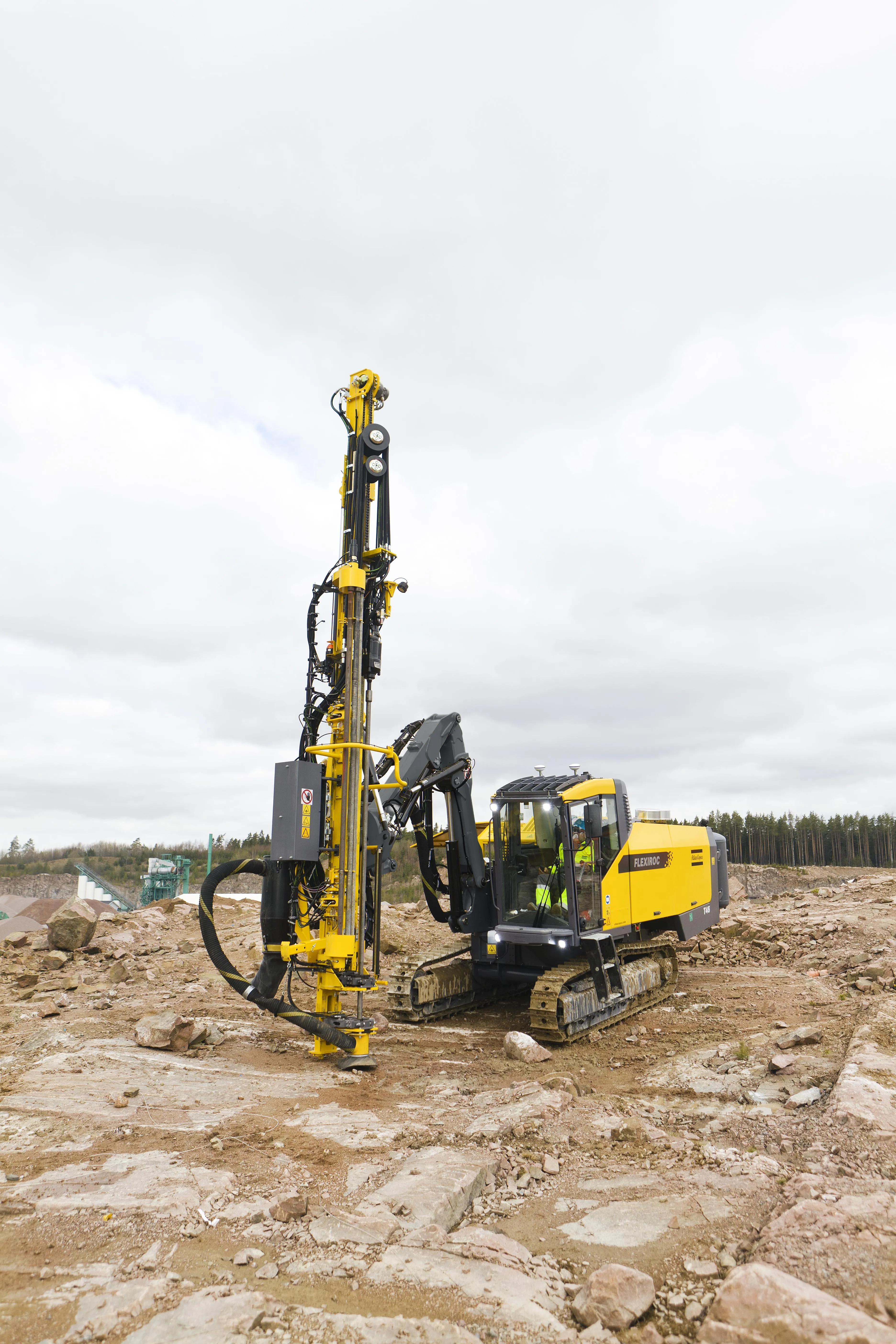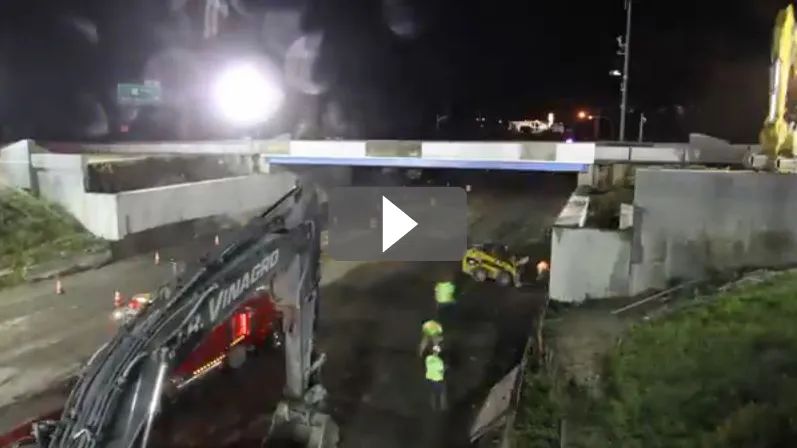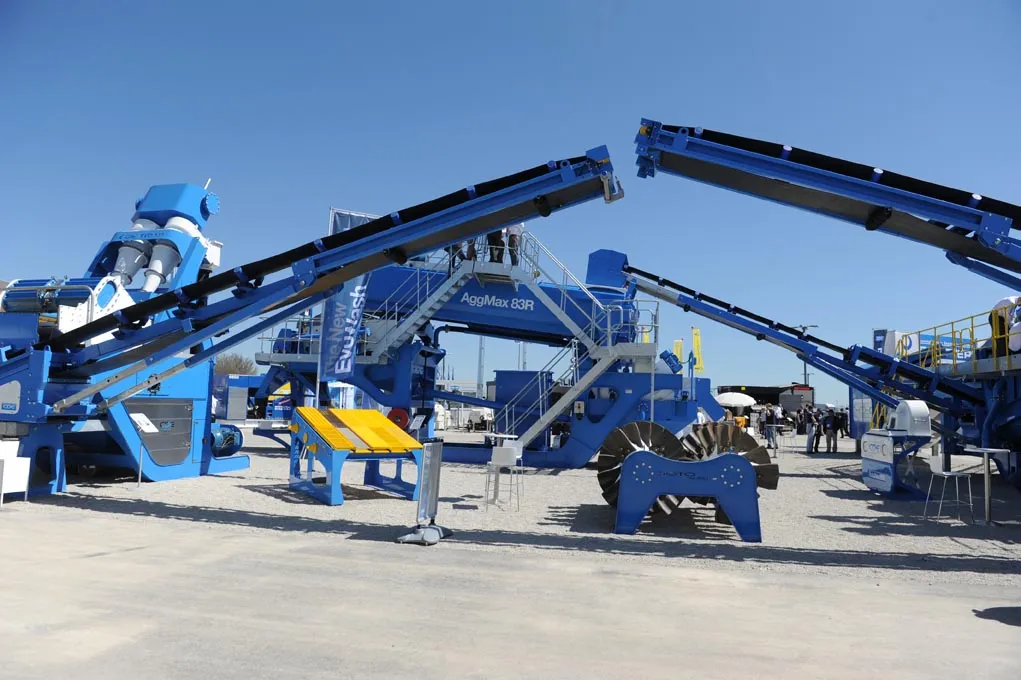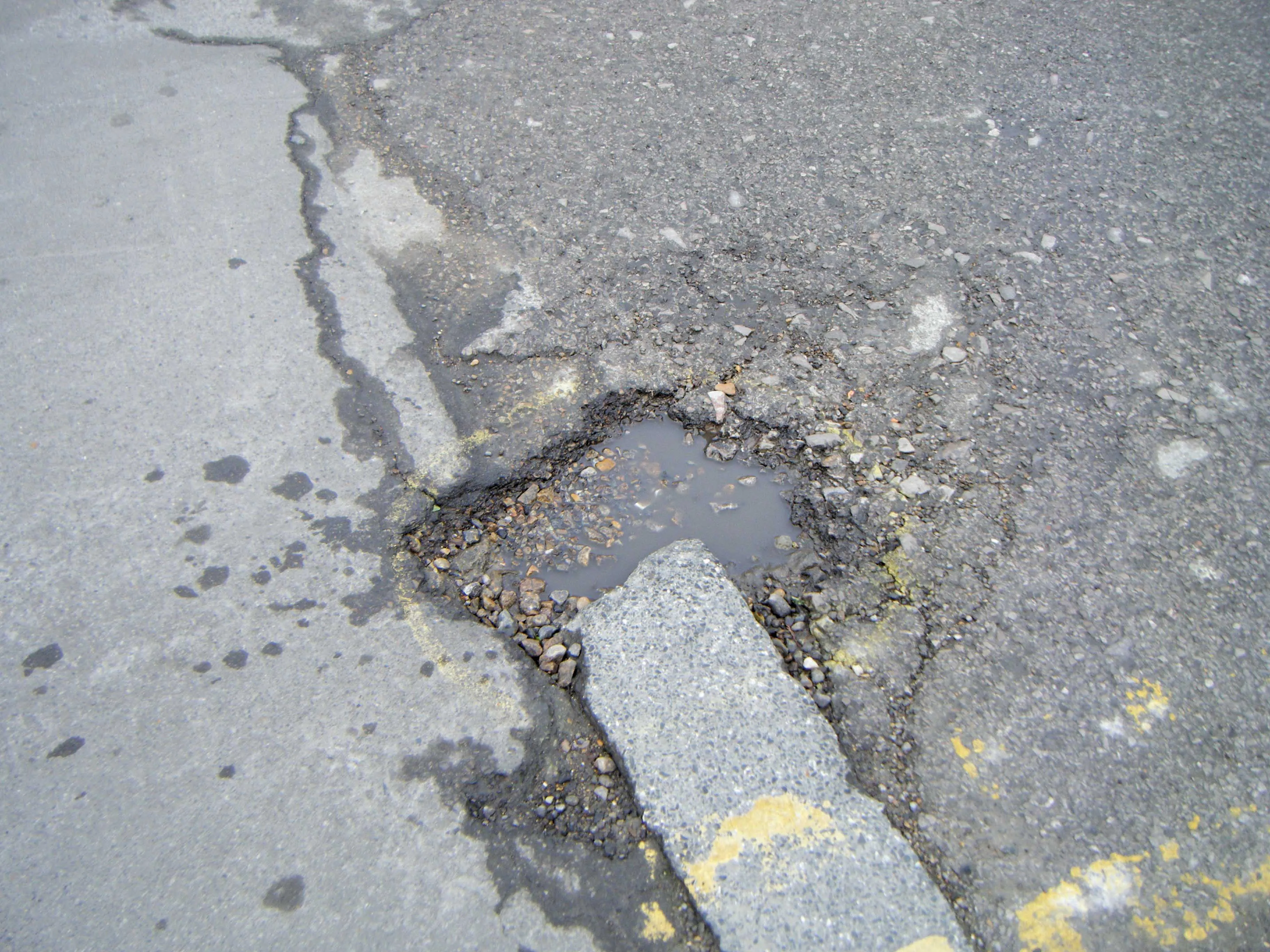Plans are progressing with regard to the Agua Negra tunnel that will connect Argentina and Chile and is expected to cost in excess of US$850 million. The authorities in San Juan province are calling for proposals to construct the tunnel and have published the terms and conditions for the tender. Those interested in the project will have to submit their proposals before 4th October 2013. A number of companies have shown an interest in the project including firms from Brazil, China, Germany, South Korea, Swit
June 24, 2013
Read time: 3 mins
Plans are progressing with regard to the Agua Negra tunnel that will connect Argentina and Chile and is expected to cost in excess of US$850 million. The authorities in San Juan province are calling for proposals to construct the tunnel and have published the terms and conditions for the tender. Those interested in the project will have to submit their proposals before 4th October 2013. A number of companies have shown an interest in the project including firms from Brazil, China, Germany, South Korea, Switzerland and the USA and the contract for the work is expected to be agreed in 2014.
The need for the tunnel is acute as it will replace the treacherous Agua Negra pass, which reaches an altitude of 4,800m and is often blocked in winter. The pass can be dangerous even in good weather due to its narrow, steep and winding roadway and its extreme altitude, which affects vehicles and drivers alike. The roadway of the Agua Negra pass suffers from a poor surface due to the altitude and winter weather conditions and also takes around four hours to negotiate, while it can only be used by cars and is not suitable for heavy vehicles. The main road alternative to the Agua Negra pass at present is the Los Libertadores Tunnel which carries up to 2,500 trucks/day, but that route is at an altitude of 3,200m and is also subject to frequent blockages in winter months. Building the Agua Negra tunnel will help provide a route through central South America that connects the Pacific and Atlantic coasts.
However, the project will by no means be straightforward and will present a number of major challenges to the builder. As the construction of the 14km tunnel will be carried out at altitude and in an area where winter conditions can be severe, these factors by themselves will present a challenge. Geotechnical work has shown that the preferred route does feature faults in the rock, as well as the presence of abrasive rock types that can be hard to bore through. The high altitude location will also present a challenge with regard to adequate ventilation for the tunnel, both during construction and for normal use when it opens to traffic.
The project is of major importance for South America and has been covered in3260 World Highways before and its progress will be reported on as it moves forward.
%$Linker:2 Internal <?xml version="1.0" encoding="utf-16"?><dictionary /> 2 11755 0 oLinkExternal <strong>Agreement between Chile and Argentina on tunnel route</strong> Agreement between Chile and Argentina on tunnel route false /sections/general/news/agreement-between-chile-and-argentina-on-tunnel-route/ false false %>
The need for the tunnel is acute as it will replace the treacherous Agua Negra pass, which reaches an altitude of 4,800m and is often blocked in winter. The pass can be dangerous even in good weather due to its narrow, steep and winding roadway and its extreme altitude, which affects vehicles and drivers alike. The roadway of the Agua Negra pass suffers from a poor surface due to the altitude and winter weather conditions and also takes around four hours to negotiate, while it can only be used by cars and is not suitable for heavy vehicles. The main road alternative to the Agua Negra pass at present is the Los Libertadores Tunnel which carries up to 2,500 trucks/day, but that route is at an altitude of 3,200m and is also subject to frequent blockages in winter months. Building the Agua Negra tunnel will help provide a route through central South America that connects the Pacific and Atlantic coasts.
However, the project will by no means be straightforward and will present a number of major challenges to the builder. As the construction of the 14km tunnel will be carried out at altitude and in an area where winter conditions can be severe, these factors by themselves will present a challenge. Geotechnical work has shown that the preferred route does feature faults in the rock, as well as the presence of abrasive rock types that can be hard to bore through. The high altitude location will also present a challenge with regard to adequate ventilation for the tunnel, both during construction and for normal use when it opens to traffic.
The project is of major importance for South America and has been covered in
%$Linker:









